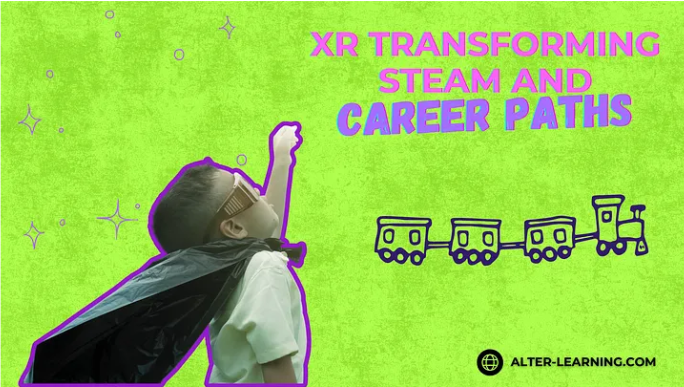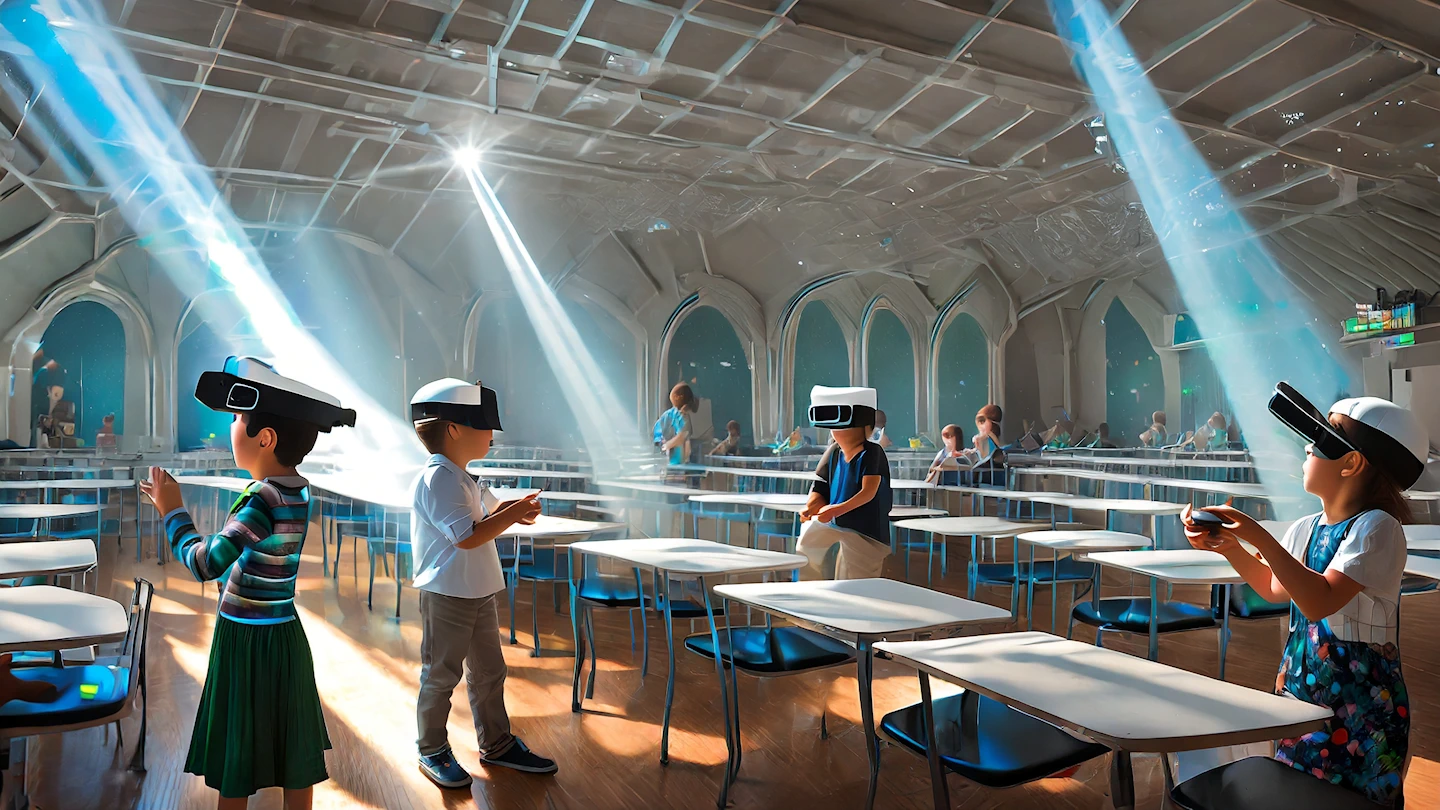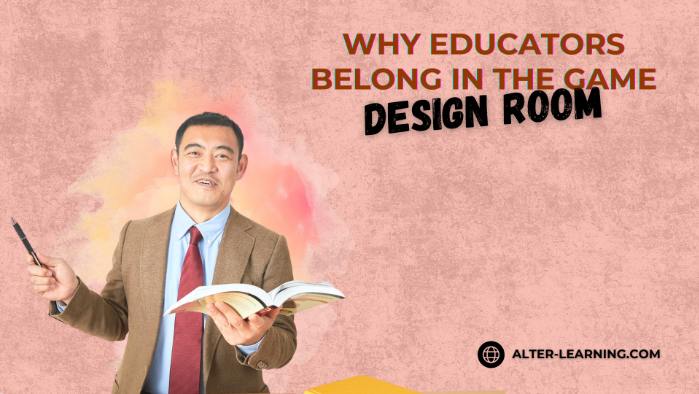In today’s classrooms, success depends not only on mastering individual subjects but also on connecting ideas across disciplines. Science, technology, engineering, arts, and math – collectively known as STEAM – are no longer silos. They are building blocks of innovation.
Alter-Learning offers educational experiences that can support students in exploring these connections through interactive, immersive learning environments designed to encourage experimentation, creativity, and problem-solving.
Bridging Disciplines Through Play
STEAM subjects often flourish when they’re explored together rather than in isolation. A student learning about the structure of a song can simultaneously develop mathematical timing and spatial awareness. A puzzle that requires an understanding of mechanics might also prompt creativity in design or storytelling. Alter-Learning’s experiences are crafted to highlight these overlaps, inviting learners to shift seamlessly between fields.
By engaging with:
Technology learning platforms that incorporate coding, physics, or robotics elements,
- Creative arts education software that ties music and movement to logic and rhythm,
- 3D geometry puzzles that blend spatial reasoning with artistic expression,
- Engineering tasks that draw from visual design and energy transfer principles,
Students can develop a more integrated understanding of the world. These learning paths can help reinforce that no discipline exists in a vacuum – and that the skills developed in one area can often empower growth in another.
Supporting Critical Thinking Through Challenge
Alter-Learning’s approach to game-based education includes structured challenges that require learners to think deeply, test ideas, and revise their strategies. These experiences can help cultivate persistence, curiosity, and adaptive thinking.
Whether students are solving interactive physics simulations or working through a virtual chemistry lab, the platform can create space for inquiry, observation, and decision-making. Some tasks may encourage students to hypothesize and test their ideas; others may ask them to evaluate outcomes and adjust their approach. In all cases, the learner is at the center: actively shaping their experience.
This form of exploratory learning can be especially powerful for building habits of critical thinking. As students navigate these environments, they often learn to question, reflect, and refine skills that extend far beyond the classroom.
A Flexible Companion to Classroom Instruction
Teachers working with diverse learners know that engagement is key to retention. Alter-Learning’s content can serve as a supplemental tool that brings core lessons to life in new ways. Because the platform is designed to be compatible with a range of devices – from VR headsets to basic desktop setups – it can be introduced in many types of classrooms, including those with limited tech resources.
Its cross-curricular design also means educators can incorporate it into different subject areas:
- Science instructors might use it to enhance lab-based lessons with virtual experiments.
- Art and music teachers may explore how digital tools can deepen creative expression.
- Math educators could bring abstract concepts to life through visual, interactive games.
- Engineering facilitators may present real-world challenges within safe, simulated environments.
This flexibility allows for collaborative teaching opportunities and interdisciplinary projects that make STEAM more engaging and relevant to students’ lives.
Encouraging Confidence and Collaboration
One of the most powerful elements of Alter-Learning’s offerings is their potential to foster social and emotional growth alongside academic development. Multiplayer modes, shared challenges, and creative spaces can provide opportunities for learners to practice collaboration, communication, and teamwork.
For students who may not always thrive in traditional formats, these environments can also support confidence-building and skill development in a low-stakes, exploratory space. Through art, experimentation, and play, learners can gain a stronger sense of agency in their educational journey.
STEAM education doesn’t have to be compartmentalized or abstract. It can be hands-on, interconnected, and joyful. Alter-Learning’s immersive tools may not solve every challenge educators and families face, but they can help introduce a more dynamic way of thinking – one that reflects how real-world problems are solved: creatively, collaboratively, and across disciplines.
Follow Alter-Learning for more insights into immersive education, edtech success stories, and the future of learning. Want to explore how VR/AR could transform your school or learning platform? Let’s connect.




